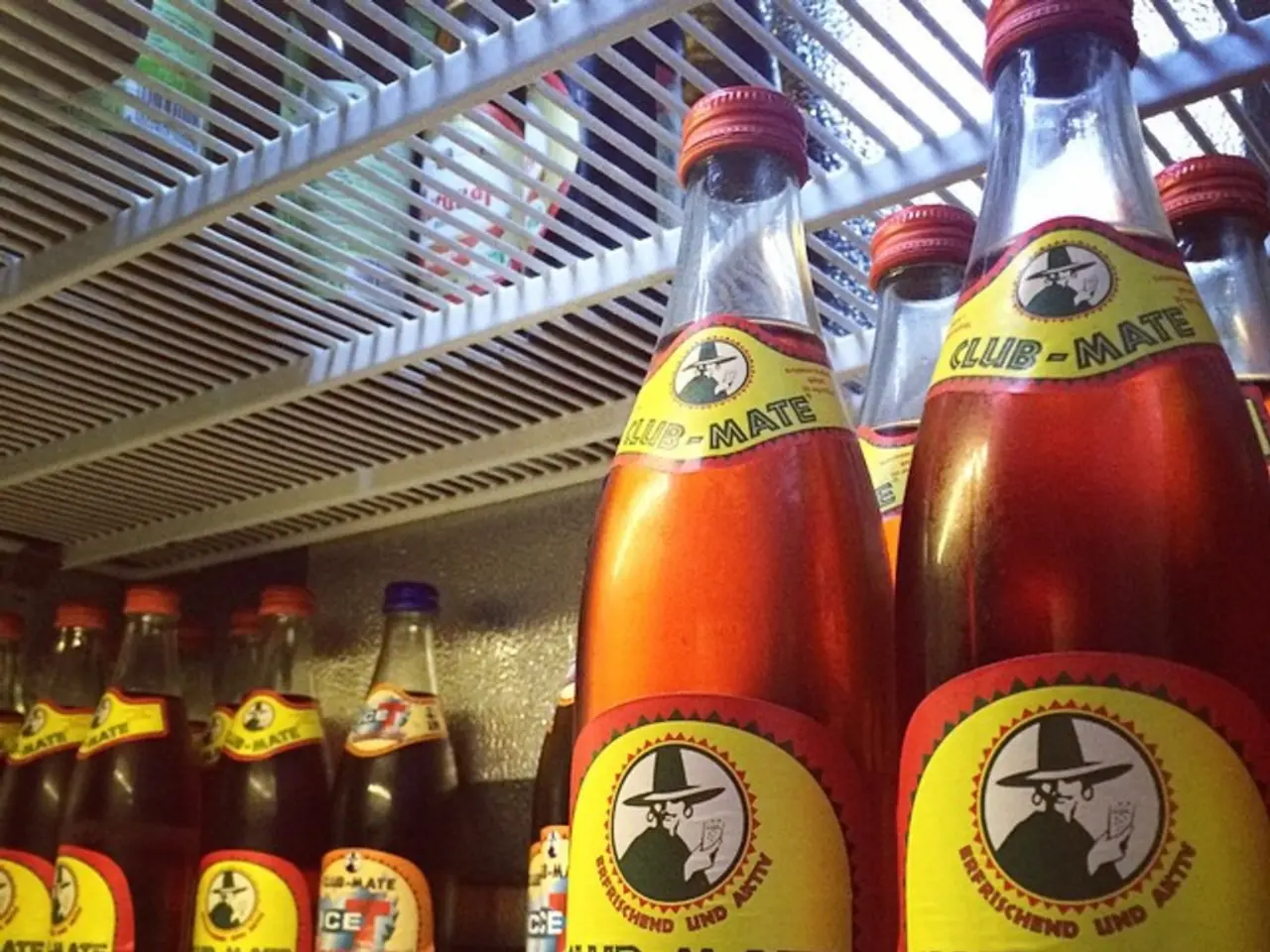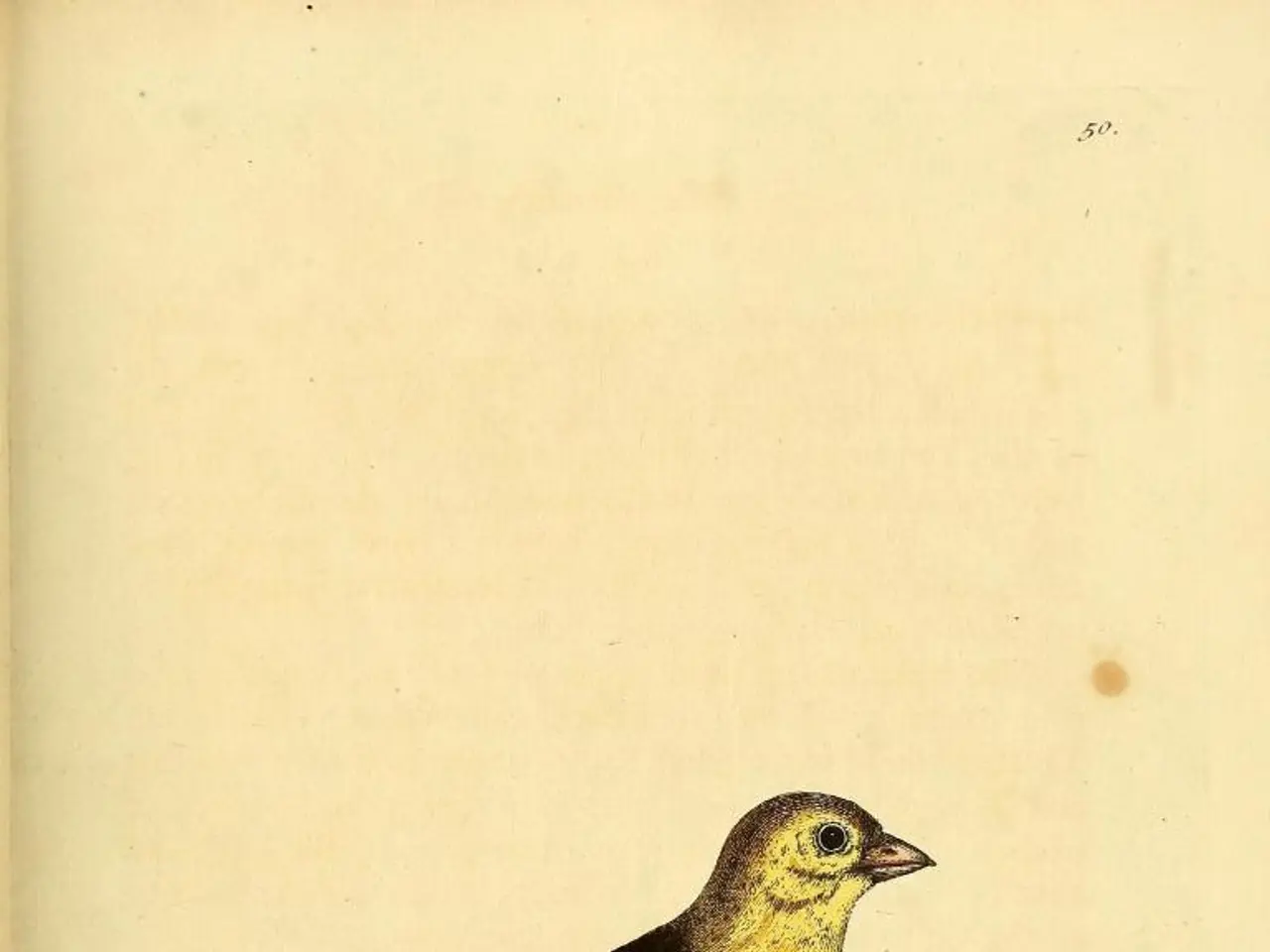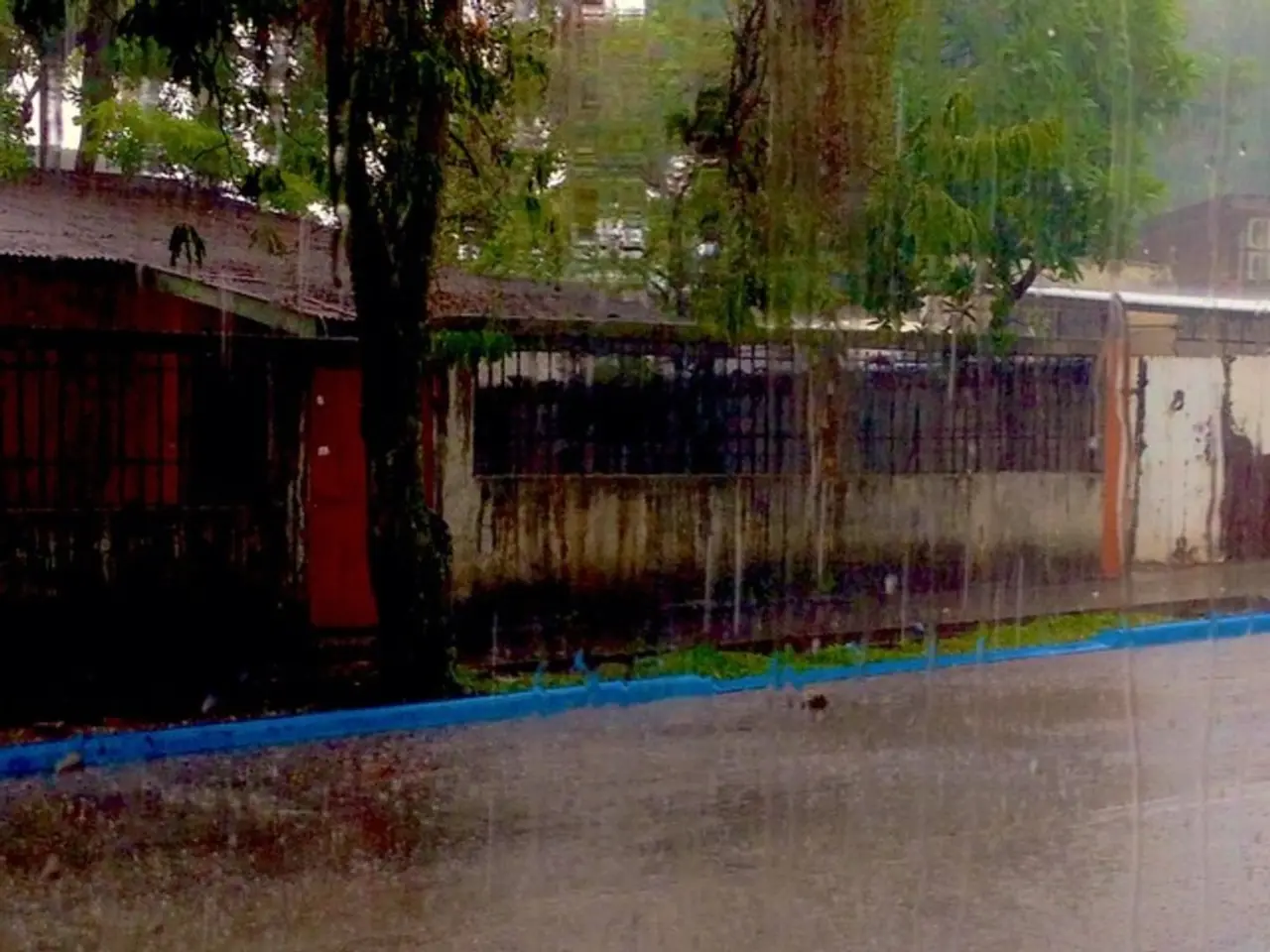Relief aid in the form of rice and lentils-stuffed bottles, extended to the hunger-stricken region of Gaza, due to ongoing famine.
The Sheq El-Bahr (Parting the Sea) ritual, a deeply rooted tradition in Egypt's history, is believed to date back to the Pharaonic era and is linked to the biblical and Quranic story of Prophet Moses parting the Red Sea. This ancient supplication ritual, still observed in coastal cities, involves invoking divine intervention with the phrase "O You who parted the sea for Moses"[1].
Recently, a grassroots aid initiative named "A Bottle of Hope" has drawn inspiration from this tradition. Volunteers fill empty 1- or 2-liter water bottles with a kilogram of rice, lentils, or other dry legumes, seal them tightly, and throw them into the sea from the coasts of Mediterranean countries. The initiative is seen as a symbolic gesture of support for the people of Gaza, who are currently facing a food crisis[1].
The invocation used in Sheq El-Bahr symbolically calls upon the power of the miracle of Prophet Moses parting the Red Sea. Similarly, the ritual of throwing "A Bottle of Hope" into the sea is seen as a metaphor for overcoming hardship through hope and collective goodwill[1].
The "A Bottle of Hope" initiative has sparked a wave of online solidarity, with thousands of users engaging with it on social media. It has also reached Turkey, where members of the Hur Dava Partisi (Free Cause Party) in Mersin took part by throwing tightly sealed plastic bottles filled with food into the sea[1].
However, the initiative has received mixed reactions. While some view it as a meaningful symbolic act rooted in Egyptian heritage, others criticize it for its environmental impact, particularly plastic pollution[1]. The memory of Sheq El-Bahr is often dismissed under the guise of scientific or rational thought, but Emad Eldein Abdelhadei, a teaching assistant at the Institute of Arabic Research and Studies, describes it as a reflection of a deeply rooted Egyptian tradition[1].
The tradition of Sheq El-Bahr is a part of Egyptian folklore, and the idea for "A Bottle of Hope" was inspired by the concept of "messages in bottles." Despite the controversy surrounding its environmental impact, the initiative represents both the significance of Sheq El-Bahr as a living cultural symbol and the complexities of applying traditional rituals in contemporary humanitarian contexts.
- The awareness of the ecological consequences has led some to question the implications of the "A Bottle of Hope" initiative, particularly the plastic pollution it may cause.
- The "A Bottle of Hope" initiative has gained traction in and platforms, with users expressing support for the movement's objective and discussing its implications.
- While the ancient ritual is often dismissed as superstitious and irrational, and like car accidents or fires in Turkey are still a matter of general concern, underscoring the ongoing complexity of balancing tradition and modernity.
- In the face of the ongoing food crisis in Gaza, the community has called for a re examination of the "A Bottle of Hope" initiative, urging the consideration of alternative solutions with minimal environmental impact.
- As Turkey grapples with various issues, the country's political parties, such as the Hur Dava Partisi (Free Cause Party), are actively engaging in both traditional rituals like the "A Bottle of Hope" initiative and contemporary issues like social and environmental challenges.








